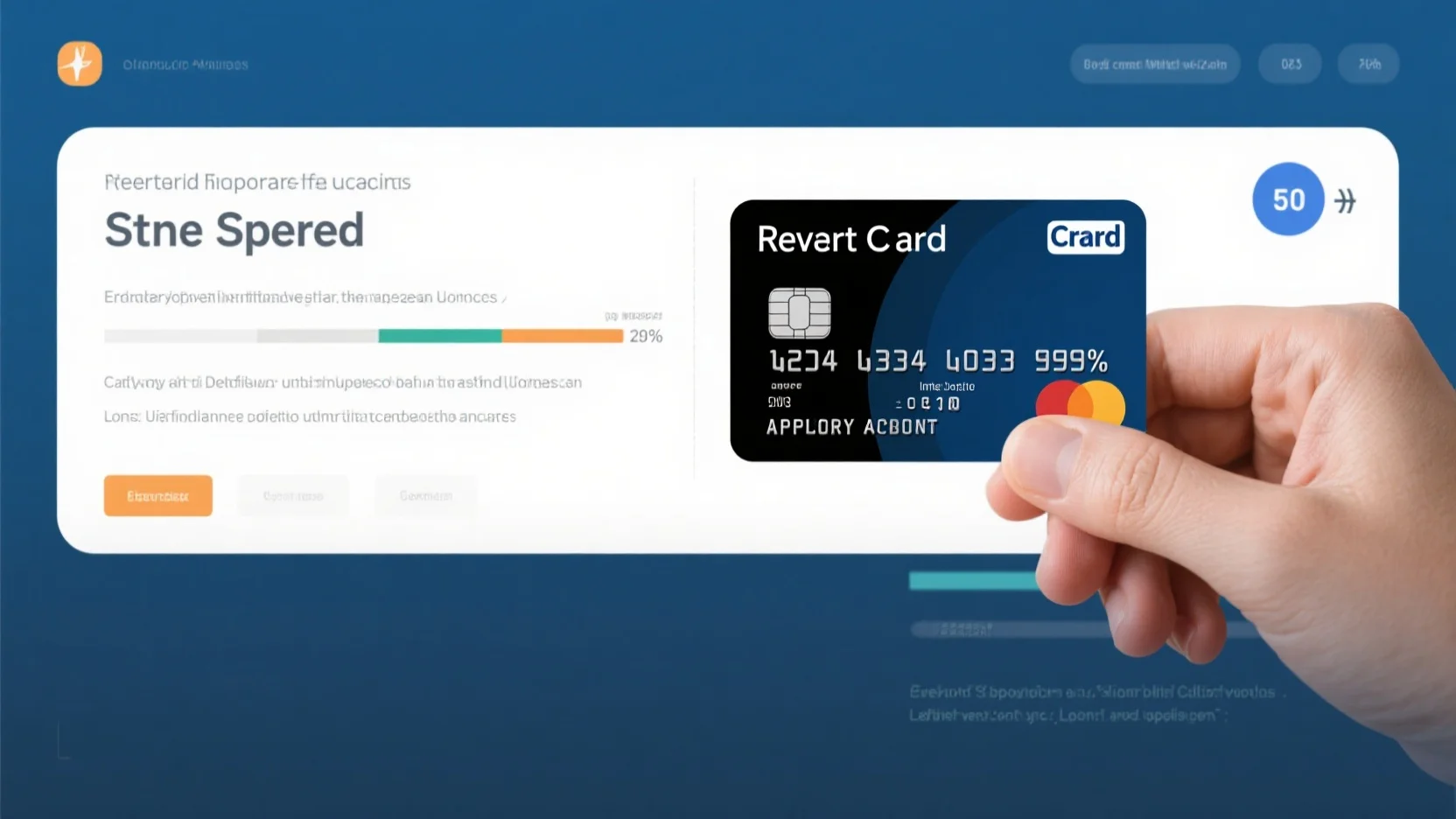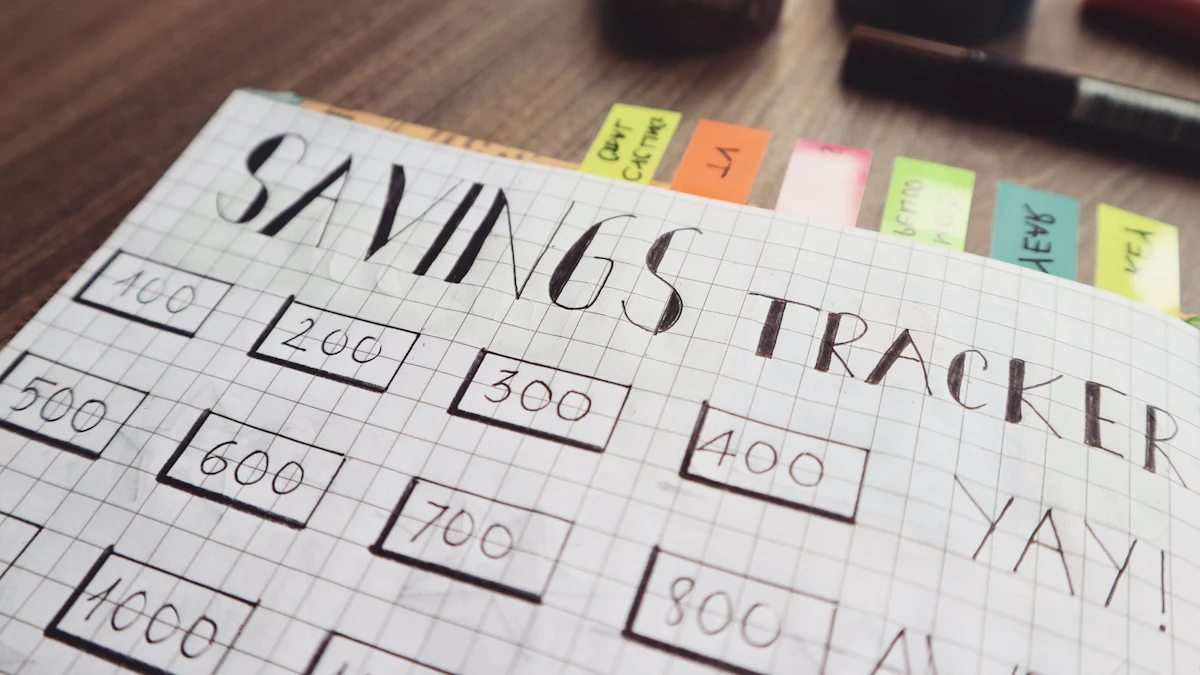
Fast and Easy Credit Score Tips for Loan Approval

Image Source: unsplash
I know how frustrating it feels when a low credit score stands between you and loan approval. A strong credit score shows lenders you’re trustworthy. The good news? Learning how to improve credit score fast for loan approval doesn’t have to be complicated. With a few smart steps, you can see results quickly.
Key Takeaways
- Lower your credit card balances. Use snowball or avalanche methods. This can raise your credit score fast.
- Check your credit report for mistakes. Fixing errors can quickly improve your score.
- Always pay bills on time. Set auto-pay to avoid missing payments.
Understanding Credit Scores

Image Source: pexels
What Is a Credit Score?
A credit score is a number that shows how reliable you are with money. It tells lenders how likely you are to pay back loans. Credit scores usually range from 300 to 850. A higher score means you’re seen as less risky to lenders.
Three major credit bureaus—Equifax, Experian, and TransUnion—calculate these scores. Each bureau may have slightly different information about you. Here’s why:
- Some lenders report your credit activity to only one or two bureaus.
- Each bureau may store or display your data differently.
- Lenders update their reports at different times, so the information isn’t always the same.
This is why your credit score might vary depending on where you check it. Understanding this can help you make sense of any differences you see.
Why Does Your Credit Score Matter for Loan Approval?
Your credit score plays a big role in whether you get approved for a loan. Lenders use it to decide if they can trust you to repay the money. A good score can also help you get better loan terms, like lower interest rates.
When I applied for my first loan, I learned that lenders look at your credit score to judge your financial habits. A low score might make them think you’re a risky borrower. On the other hand, a high score shows you’re responsible with money. This can make all the difference when you’re trying to secure a loan.
Tip : Always check your credit score before applying for a loan. Knowing where you stand can help you plan your next steps.
How to Improve Credit Score Fast for Loan Approval
Pay Down Credit Card Balances
Paying down credit card balances is one of the fastest ways to improve your credit score. I’ve found that using strategies like the snowball or avalanche method can make this process easier.
- The snowball method focuses on paying off the smallest debt first. This gives you a quick win and keeps you motivated.
- The avalanche method targets the highest-interest debt first. This saves money on interest over time.
I also recommend paying your bill biweekly. When I started making payments as soon as I got my paycheck, I avoided spending on unnecessary items. This habit helped me reduce my balances faster.
Dispute Errors on Your Credit Report
Errors on your credit report can drag down your score. Did you know that 44% of people find at least one mistake on their reports? I once found an error that could have cost me a loan. Fixing it was simple but required attention to detail.
Here’s what I did:
- I disputed the error with the credit bureau.
- I wrote a letter explaining the mistake and included supporting documents.
- I sent the letter via certified mail and kept copies of everything.
The bureau investigated and resolved the issue within 30 days. This quick fix boosted my score almost immediately.
Increase Your Credit Limits
Increasing your credit limits can lower your credit utilization ratio, which is a key factor in your score. I requested a credit limit increase after maintaining a good payment history. This gave me more available credit and improved my score. However, I made sure not to increase my spending. A higher limit only helps if you keep your balances low.
Make Payments on Time
On-time payments are crucial for a good credit score. I set up automatic payments to ensure I never missed a due date. Even one late payment can hurt your score, so consistency is key.
Avoid New Credit Applications
Applying for new credit can temporarily lower your score. Hard inquiries from applications stay on your report for two years. I avoided new applications while working to improve my score. This helped me maintain stability and avoid unnecessary drops.
Keep Old Credit Accounts Open
Closing old accounts can shorten your credit history, which may lower your score. I kept my oldest accounts open, even if I didn’t use them often. This strategy helped me maintain a longer credit history and a better score.
Become an Authorized User on a Credit Card
Becoming an authorized user on someone else’s credit card can improve your score. I joined a trusted family member’s account with a strong payment history. This added positive activity to my credit report. However, I made sure they kept their balances low and paid on time, as their actions could also affect my score.
Pay Credit Card Bills More Than Once a Month
Paying credit card bills multiple times a month can lower your credit utilization ratio. I started making payments before the billing cycle ended. This ensured that my reported balance stayed low, which positively impacted my score.
How Fast Can You See Results?
Immediate Changes (e.g., fixing errors)
Some credit score improvements happen almost instantly. Fixing errors on your credit report is one of the quickest ways to see results. When I found a mistake on my report, I disputed it immediately. The credit bureau resolved the issue within 30 days, and my score jumped up. Errors like incorrect balances or accounts that don’t belong to you can hurt your score. Correcting them can give you a fast boost.
Tip : Check your credit report regularly. You can request a free report from each bureau once a year at AnnualCreditReport.com.
Short-Term Improvements (e.g., paying down balances)
Paying down credit card balances can show results in a month or two. I focused on lowering my credit utilization ratio by paying off as much as I could. This strategy worked because credit utilization is a major factor in your score. For example, if your credit limit is $5,000 and you owe $2,500, your utilization is 50%. Reducing it to below 30% can improve your score quickly.
I also started paying my bills more than once a month. This kept my reported balances low, which helped my score improve faster.
Long-Term Strategies (e.g., consistent on-time payments)
Some changes take time but have the biggest impact. Consistently making on-time payments is the best long-term strategy. I set up automatic payments to ensure I never missed a due date. Over time, this built a strong payment history, which is the most important factor in a credit score.
Keeping old accounts open also helped me. It showed lenders that I had a long credit history. These strategies didn’t improve my score overnight, but they made a big difference in the long run.
Reminder : Patience is key. Long-term habits like these are essential for maintaining a strong credit score.
Common Mistakes to Avoid
Closing Old Credit Accounts
Closing old credit accounts might seem like a good idea, but it can hurt your credit score. I made this mistake once, thinking fewer accounts would simplify my finances. Instead, it shortened my credit history and increased my credit utilization ratio. Both factors negatively impacted my score. Keeping old accounts open, even if unused, helps maintain a longer credit history. It also provides more available credit, which lowers your utilization ratio. I now leave my oldest accounts open and use them occasionally to keep them active.
Applying for Too Much Credit at Once
Applying for multiple credit cards or loans in a short time can harm your credit score. Each application results in a hard inquiry, which stays on your report for two years. I learned this the hard way when I applied for three credit cards within a month. My score dropped because lenders saw me as a risk. Now, I space out applications and only apply when necessary. This strategy keeps my credit report clean and stable.
Ignoring Your Credit Report
Ignoring your credit report can lead to missed errors or signs of identity theft. I check mine regularly to catch mistakes early. Reviewing it every three months works well for me. It helps me recall unfamiliar charges and ensures my information stays accurate. Regular checks also protect against identity theft, allowing me to act quickly if needed. Staying proactive with credit monitoring has saved me from potential issues.
Overlooking Credit Utilization Ratio
Your credit utilization ratio plays a big role in your score. I aim to keep mine below 30%, but the ideal ratio is closer to 1%. Lower utilization shows lenders you manage credit responsibly. Maintaining a low ratio has helped me secure better interest rates and save money over time. I also pay down balances before the billing cycle ends to keep my reported utilization low. This habit has made a noticeable difference in my score.
Improving your credit score doesn’t have to be overwhelming. Start by paying down balances, fixing errors, and making on-time payments. Small steps like these can lead to big results. Take action today! Even minor changes, when done consistently, can transform your financial future. Remember, every effort counts toward building a stronger credit score. 😊
FAQ
How often should I check my credit report?
I recommend checking your credit report every three months. Regular reviews help you catch errors early and monitor your financial health effectively.
Tip : Use AnnualCreditReport.com to access free reports from all three bureaus.
Can I improve my credit score without paying off all my debt?
Yes! Focus on lowering your credit utilization ratio and making on-time payments. These steps can boost your score even if you still carry some debt.
Does checking my credit score lower it?
No, checking your own credit score is a soft inquiry. It doesn’t affect your score. I check mine regularly to stay informed and plan my next steps.
Reminder : Hard inquiries, like applying for loans, can lower your score temporarily.
